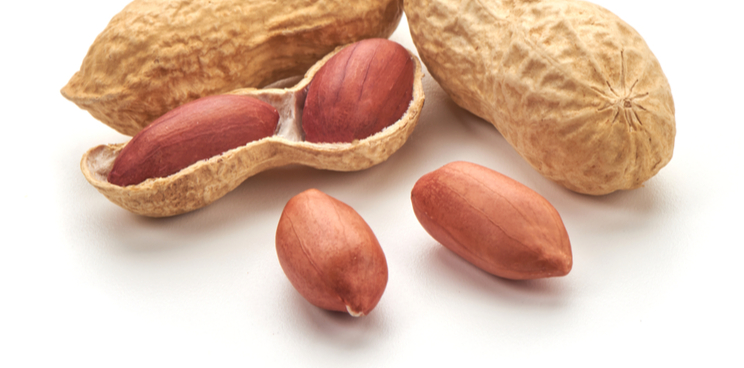Newsletter Signup - Under Article / In Page
"*" indicates required fields
A request for market approval of a skin patch developed by French biotech DBV Technologies to treat peanut allergy has been turned down by the FDA, which has requested more data and design changes.
The response from the FDA is a blow for the company which had been working towards getting the patch onto the market by the end of this year. It follows a delay earlier in March when the regulator asked the company for more information to base its decision on.
“We are very disappointed with the FDA’s decision. We continue to believe in the potential of Viaskin Peanut, as observed in clinical trials to date, and intend to request a meeting with the FDA as soon as possible to determine the best path forward,” Daniel Tassé, CEO of DBV, told me.
DBV focuses on developing immunotherapy-based products to treat allergies in children. The Viaskin Peanut allergy patch, for children aged 4-11 years, is the company’s most advanced product. It is aimed to be the second treatment for peanut allergy on the market after US company Aimmune’s oral drug Palforzia was approved by the FDA in January.
The technology is enclosed in an adhesive patch and works by creating a ‘condensation chamber’ that makes the skin wet and allows the allergen to pass through the skin in small amounts allowing the person being treated to gradually become resistant to it over time. This results in a smaller and smaller allergic response as the immune system gradually becomes more familiar with the molecule and stops overreacting to its presence.
“Viaskin Peanut is not a transdermal patch in the traditional sense, but a therapeutic allergen patch that must still be held adjacent to the skin for some minimum duration of time to have the proposed efficacy,” said Tassé.
“That being said, FDA did have concerns on the adhesion data generated, including in the adhesion sub-study, and indicated the need for patch modifications as well as additional clinical data.” Notably, the FDA was happy with the safety of the patch.
DBV’s peanut allergy patch has had a mixed journey to the clinic to date. It missed its phase III trial primary endpoint in 2017 based on efficacy – 35% of children did respond to the treatment, but a higher than expected placebo response meant this was not statistically significant. But then the company released good safety data that made it seem like a more attractive prospect.
This setback comes at a difficult time when many biotech companies are experiencing trial delays and cash flow problems due to Covid-19. Perhaps anticipating this delay, after the FDA requested more information in March, DBV announced in June that it would be restructuring the company and scaling back on some of its other candidates to extend its cash runway.
Regarding future plans for the patch, Tassé says the company plans to“request a meeting with the [FDA] as soon as possible to further understand the feedback and determine next steps.”
“We will provide any updates as appropriate after meeting with the FDA. At this point it is too soon to comment on timing… Once we fully understand the FDA’s concerns and potential requirements, we will be in a better place to comment further.”
Image from Shutterstock






